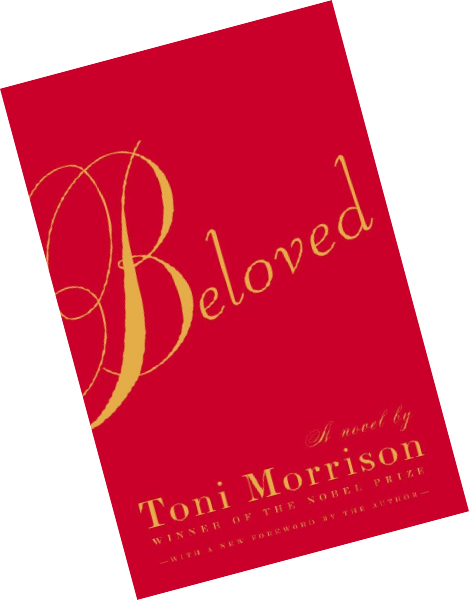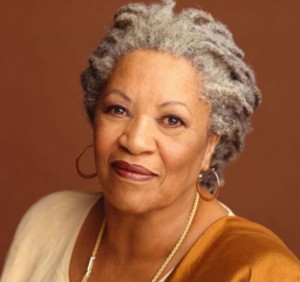

Mathamma works at the Madras Literary Society (MLS) located on the campus of the Directorate of Public Instruction in an early 19th century sandstone building with a high ceiling and beautiful rosewood embellishments. For some years now, diehard fans and well-wishers of the MLS have been trying to revive its old glory and breathe new life into it. It was probably in the spirit of revival that an event was held there recently, crafted around the translation into five Arunachali languages (Nocte, Adi, Apatani, Miju Mishmi and Nyishi) and Bodo, a language of Assam, of a children’s book on Mahatma Gandhi.
A small group comprising children and adults sat in a circle on the floor, sharing stories from the book and other sources, when a voice floated across: “Can I sing a song about Gandhi?” The request came from an elderly woman called Mathamma who works at the MLS. Of course she could and all of us sat enthralled, including a two-and-half-year-old, as she sang melodiously and fervently. By the time she finished, there was no doubt the event had been transformed into an unforgettable experience. And it all started with a children’s book.
Later, Mathamma said she was so happy to sing because it transported her back to the time she was a little girl during India’s freedom struggle. “We sang patriotic songs whenever and wherever we could,” she recalled. “And even now, my heart swells up when I sing them.”
Serendipity. That’s the word that describes the happy chance that makes amazing things happen. Only a few days earlier, on a visit to Bengaluru, a dear friend had talked with great affection about her book club and its oldest member, a remarkable woman who had lived through the holocaust. She recalled the chill that ran through the blood of the warm-hearted, family-tight group when she showed them her ‘Star of David’ badge. It was a sad moment, but it was also one that amazed.
You have to surrender to the story and read every word because every word is so compelling, there because it belongs there.
Book clubs tend to be small and private as my friend’s group is. In a huge leap of faith, they let me into their embrace to be part of a discussion on Toni Morrison’s Beloved. Published in 1987, Beloved is inspired by the true story of Margaret Garner who escaped slavery in 1856 by fleeing from the slave State of Kentucky to the free State of Ohio. In another instance of serendipity, Toni Morrison had edited The Black Book, an anthology of black history and culture, when she worked as editor in Random House, New York. In it, she came across an article reproduced from the American Baptist newspaper, called ‘A Visit to the Slave Mother Who Killed Her Child’. It had been written in 1856. As the title suggests, Margaret Garner had chosen to kill her little daughter rather than submit her to slavery. This was the only way she could have her be free and this was the inspiration for Beloved, a story that simply had to be told.
The only way to know what it is about is to read it. But be warned: it’s not easy. It is beautiful writing, mesmerising and tantalising as is Toni Morrison’s wonted style, typically, in all of her writings. But you have to work at it. You have to surrender to the story and read every word because every word is so compelling, there because it belongs there. There is fear and dread and sorrow, yet the prose is tantalising and beautiful. And you hear the cadences of Black voices. That is Toni Morrison’s special quality.

Incidentally, Beloved is still banned in some schools for what they call its depiction of bestiality, infanticide, sex and violence. It won the Pulitzer for fiction in 1988 and there are some who rate it among the best American fiction ever. Toni Morrison was the first African-American woman to win the Nobel for literature, in 1993. Writing about her in the New York Times upon her death, earlier this year, Margalit Fox said, “In awarding her the Nobel, the Swedish Academy cited her ‘novels characterised by visionary force and poetic import’, through which she ‘gives life to an essential aspect of American reality’. Ms Morrison animated that reality in prose that rings with the cadences of black oral tradition. Her plots are dreamlike and nonlinear, spooling backward and forward in time as though characters bring the entire weight of history to bear on their every act.”
Acts of oppression have far-reaching effects, cutting through generations, as we often observe. The struggle for independence from despotic rulers and oppressors, the horrifying experiences of being held in concentration camps, the ruthlessness of bonded labour and slavery, the tyranny of being forced to become child soldiers… the cruelty of human beings is endless. The evil that was slavery and the psychological scars it left in people’s memories led to a loss of identity and self-worth, among other things. Toni Morrison explores several aspects of the impact of slavery in the brilliantly layered and textured Beloved which hovers somewhere between dream and reality, and is at the same time unbearably painful.
Beloved takes its title from the character Beloved, who is killed by her mother and who later returns, as a young woman, to her home. To this day, readers argue if she is real or if she is a ghost; the novel leaves many confused. At the same time, what it does, with lyricism and power, is to stir up memory. In fact, one of the characters in the novel evocatively calls it ‘rememory’.
Margalit Fox recalls some lines from Beloved that are remarkably universal. The world of that novel, she writes, is one in which “anybody white could take your whole self for anything that came to mind. Not just work, kill or maim you, but dirty you. Dirty you so bad you couldn’t like yourself anymore. Dirty you so bad you forgot who you were and couldn’t think it up.” Immediately your mind goes to the rapes, the lynchings, the honour killings, the random murders to obliterate other ways of seeing…
What she writes is not the history or the story of someone somewhere far away, it is the story of everyone. It is my story as much as yours and hers. Toni Morrison is a writer whose works will live as long as there are books to read, and readers to read them.
The columnist is a children’s writer and senior journalist.





